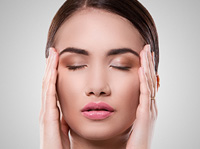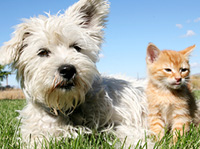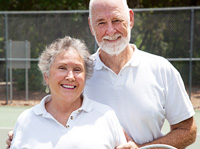Summary of Science Reports
The company has applied for TGA registration of ZeoActiv8TM and as part of this process a number of other safety and toxicology tests have been completed. These are:-
1 A 16 page document from Natural Extracts Research Pty. Ltd. setting out the HERA Report and other scientific abstracts in relation to the zeolite’s safety and toxicology.<safety and toxicology>
2 An independent firm has prepared a 24 page report to review, examine and determine the levels at which the active ingredient would become toxic. The examiner is a PhD and has thousands of hours of experience in this type of work and has published over 120 papers in peer reviewed scientific literature. The report evaluates the NOAEL (No Observed Adverse Effects Level) dosages used in many of the scientific trails and research completed by researchers all over the world. The references comprise over one thousand pages of research material. This report will be used as part of the Company’s submission to the Therapeutic Goods Administration (TGA) for the registration of ZeoActiv8TM.
The report determines that the dosage used is over 100 times less than the NOAEL
3 An independent laboratory has completed two scientific clinical trials in strict adherence to the international protocols [OECD 420]. There were two trials completed, one examining the active ingredient zeolite and the other ZeoActiv8TM the finished product. These trials showed no adverse effects whatsoever.
4 The same laboratory conducted a Bacterial Reverse Mutation Assay (AMES) test [OECD 470]. This test determines if a chemical (in this case ZeoActiv8TM) is a mutagen. The use of the Ames test is based on the assumption that any substance that is mutagenic (for the bacteria used in his test) may also turn out to be a carcinogen. Although, in fact, some substances that cause cancer in laboratory animals (dioxin for example) do not give a positive Ames test (and vice-versa), the ease and low cost of the test make it invaluable for screening substances in our environment for possible carcinogenicity.
5 There are other scientific studies and tests in relation to particle size, particle surface area (RMIT), chemical composition (CSIRO and Uni of NSW) and many others.
Although all these reports are confidential, copies of the full reports are available to those within the medical, naturopathic and health care industries and other bodies with a commercial reason to have them.



